View count:
3096
TG4.1: High-performance computation and machine learning
I. Coordinator:Pochung Chen (NTHU)
pcchen@phys.nthu.edu.tw
II. Core Members:
Center Scientists
Prof. Pochung Chen 陳柏中 (NTHU) Coordinator.
Prof. Ming-Chiang Chung 張明強 (NCHU)
Prof. Yu-Cheng Lin 林瑜琤 (NCCU)
Core members
Prof. Pochung Chen 陳柏中 (NTHU) Coordinator.
Prof. Ming-Chiang Chung 張明強 (NCHU)
Prof. Yu-Cheng Lin 林瑜琤 (NCCU)
Prof. Ying-Jer Kao 高英哲 (NTU)
Prof. Hong-Yi Chen 陳鴻宜 (NTNU)
Prof. Ching-Yu Huang 黃靜瑜 (THU)
Prof. Po-Yao Chang 張博堯 (NTHU)
Prof. Hsiu-Chuan Hsu 許琇娟 (NCCU)
Prof. Yi-Ping Huang 黃一平 (NTHU)
III. Research Themes:
Entanglement structure in interacting topological and disordered systems
Many interesting physics problems in strongly correlated systems are difficult to solve, and require non-perturbative methods as AdS/CFT duality or Matrix/Tensor product states to tackle. Quantum entanglement has recently been regarded as a bridge between these seemingly different viewpoints, and it may hold the key to understand some exotic phases in these systems.
We propose to study these subjects:
• Wavelet transformation and topological order.
• Entanglement structures in disordered system with strong interaction.
• Entanglement structures in many-body localization.
Topology and entanglement in non-equilibrium systems
Non-equilibrium many-body quantum systems are challenging and interesting. To further develop the concept of non-equilibrium phases of matter, new theoretical
and numerical tools are required. We aim to develop necessary tools that can be used to investigate the topology and entanglement in non-equilibrium systems.
We propose to study these subjects:
• Topology and entanglement in quench and driven dynamics.
• Entanglement in non-equilibrium CFT.
• Integrable methods on non-equilibrium phases.
Machine learning and Physics
In the past years, significant progresses have been made in machine learning algorithms that have been used in the classification and interpretation of large data sets, sparking a revolution in areas such as image and natural language processing.
Recently, it has been understood that the fundamental concepts behind the success of machine learning is closely related to the renormalization group in statistical physics. This raises the important question of what further insights remain to be found at the intersection of machine learning and fields such as statistical physics, condensed matter, and quantum information.
We propose to explore these research directions:
• Use techniques from machine learning to tackle quantum many-body problems.
• Explore the possible connections between deep learning, the renormalization group, and tensor networks/MERA.
• Application of reinforcement learning in quantum control and error corrections.
IV. Activities:
V. Expected achievements:
1. Strengthening collaboration among core members.
2. Training for junior scientists.
3. Strengthening and expanding our international collaboration.
4. World leading research.
5. Exploring the interdisciplinary research among condensed matter physics, string theory, quantum information science, and computer science.
VI. Collaborations:
Current international collaborations
Currently, we are collaborating with the following international researchers. With the support from the thematic group, we plan to have mutual visits to further the collaborations.
• Prof. Anders Sandvik (Boston University, USA)
• Prof. Tzu-Chieh Wei (SUNY Stony Brook, USA)
• Prof. Roman Orus (Johannes Gutenberg-Universität, Mainz, Germany)
• Prof. Frank Pollmann (Technische Universität München, Germany)
• Prof. Andreas Läuchli (Universität Innsbruck, Austria)
• Dr. Ian McCullouch (University of Queensland, Australia)
• Prof. Masaki Oshikawa (ISSP, University of Tokyo, Japan)
• Prof. Xin Wan (Zhejiang University, China)
• Prof. Bill Atkinson (Trent University, Canada)
Potential new international collaborations
We plan to invite following international researchers to foster future collaborations.
• Prof. Garnet Chan (Princeton, USA)
• Prof. Yang Qi (IAS of Tsing-Hua University, China)
• Prof. Rachel Wortis (Trent University, Canada)
• Prof. Malcolm Kennett (Simon Fraser University, Canada)
• Prof. Ling Wang (Computational science researcher center, China)
• Prof. Z. Y. Xie (Renmin University, China)
• Prof. Lei Wang (Institute of Physics, CAS, China)
• Prof. Roger Melko (University of Waterloo/Perimeter Institute, Canada)
• Prof. Juan Carrasquilla (Vector Institute of Artificial Intelligence, Canada)
• Prof. Tarun Grover (University of California, San Diego, USA)
• Prof. Dong-Hee Kim (Gwangju Institute of Science and Technology, S. Korea)


